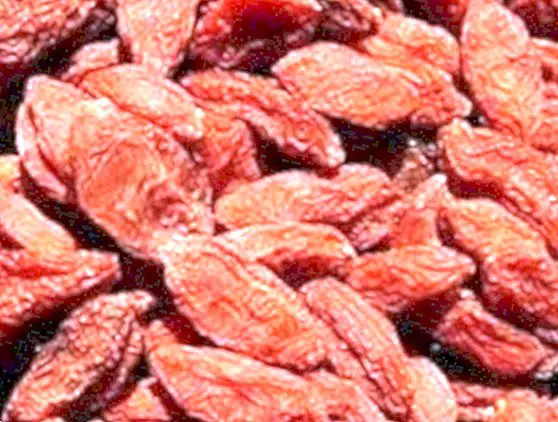What is the kale? Benefits, properties and their in the kitchen
Did you know that some scientific studies indicate that calcium is present in the kale Would be absorbed much better than the one found in milk ?. It is almost without a doubt one of the most fashionable vegetables, although the truth is that we are faced with the most consumed food of the past. In fact, you would probably be surprised if we tell you that we are referring to the kale; Yes, the one of a lifetime.
In any case, the kale is the popular name with which today the traditional common cabbage, the kale or ultimately the forage cabbage. In fact, we can also find it under the names of open cabbage, Galician cabbage or cabbage. 
It is known from a scientific point of view with the name of Brassica oleracea, belonging to the family of the Brasicáceas, constituting itself as a biennial herbaceous cultivated annually, of large and dark green leaves, perfectly edible and very frequent in the kitchen of Spain and Portugal.
The benefits of kale and its most important properties
High nutritional content
From a nutritional point of view the kale is a green leafy vegetable that stands out for its high water content, so it is an excellent natural option when it comes to purifying our body and helping us eliminate accumulated toxins.
As we mentioned at the beginning, the kale stands out for its content the calcium, a mineral that among other aspects helps to prevent fractures, the loss of bone density and osteoporosis. In fact, some studies suggest that it absorbs much better than the calcium in milk, thanks to the presence of vitamin C that helps calcium to fix better in the bones.
It also provides vitamins, among which the presence of Vitamin A, fundamental to maintain a good vision. It also contains vitamin C, which helps to strengthen the defenses and activate the metabolism and the immune system. And the vitamin K, which helps improve bone health and blood clotting, in addition to relating to qualities to protect against cancer.

Further, It is extremely rich in fiber, helping to maintain a healthy and healthy digestion, and being very useful in preventing constipation (or improve it if you already have it, by facilitating intestinal transit).
Good for the liver and blood
While for its content in vitamin K the kale is ideal to maintain an adequate coagulation of the blood, It is ideal for the liver thanks to that it helps to clean it in a totally natural way, due especially to its detoxifying qualities.
Low levels of oxalates
If you are worried about the consumption of leafy greens in excess for its content of oxalates, in the case of kale you should be calm, as it contains a smaller amount of this toxic substance. 
Oxalate is a substance found naturally in plant foods, classified among the substances known as antinutrients, since it tends to bind to calcium, preventing its proper absorption.
In addition, its abundant ingestion can contribute to the formation of kidney stones and therefore to calcium oxalate lithiasis.
The uses of kale in the kitchen
As we mentioned at the beginning of this note, the kale is a green leaf vegetable highly valued in the kitchen. For example, it is very common in Spanish and Portuguese kitchens, where in fact there is a wide variety of popular recipes. 
In Spain, especially in the cuisine from the north, it is very common to include cabbage in dishes with potatoes and stews, especially in emblematic recipes such as borona (bread covered with cabbage leaves), Asturian pot, Galician broth or the mountain stew.
While, in Portugal, a dish known by the name of couve-galega, a popular soup called green broth and consisting of potatoes with cabbages.
In any case, the kale can be consumed raw or cooked, although if consumed cooked it is best to steam it (keep its qualities to balance cholesterol levels), or cook it without immersing it in a large amount of water. In this way we will be able to keep all its water-soluble vitamins and also its minerals. This article is published for informational purposes only. You can not and should not replace the consultation with a Nutritionist. We advise you to consult your trusted Nutritionist. ThemesFood Vegetables and Vegetables


